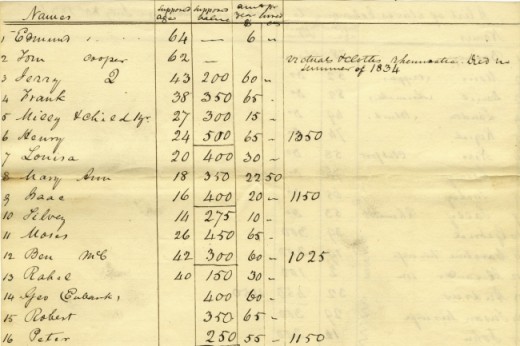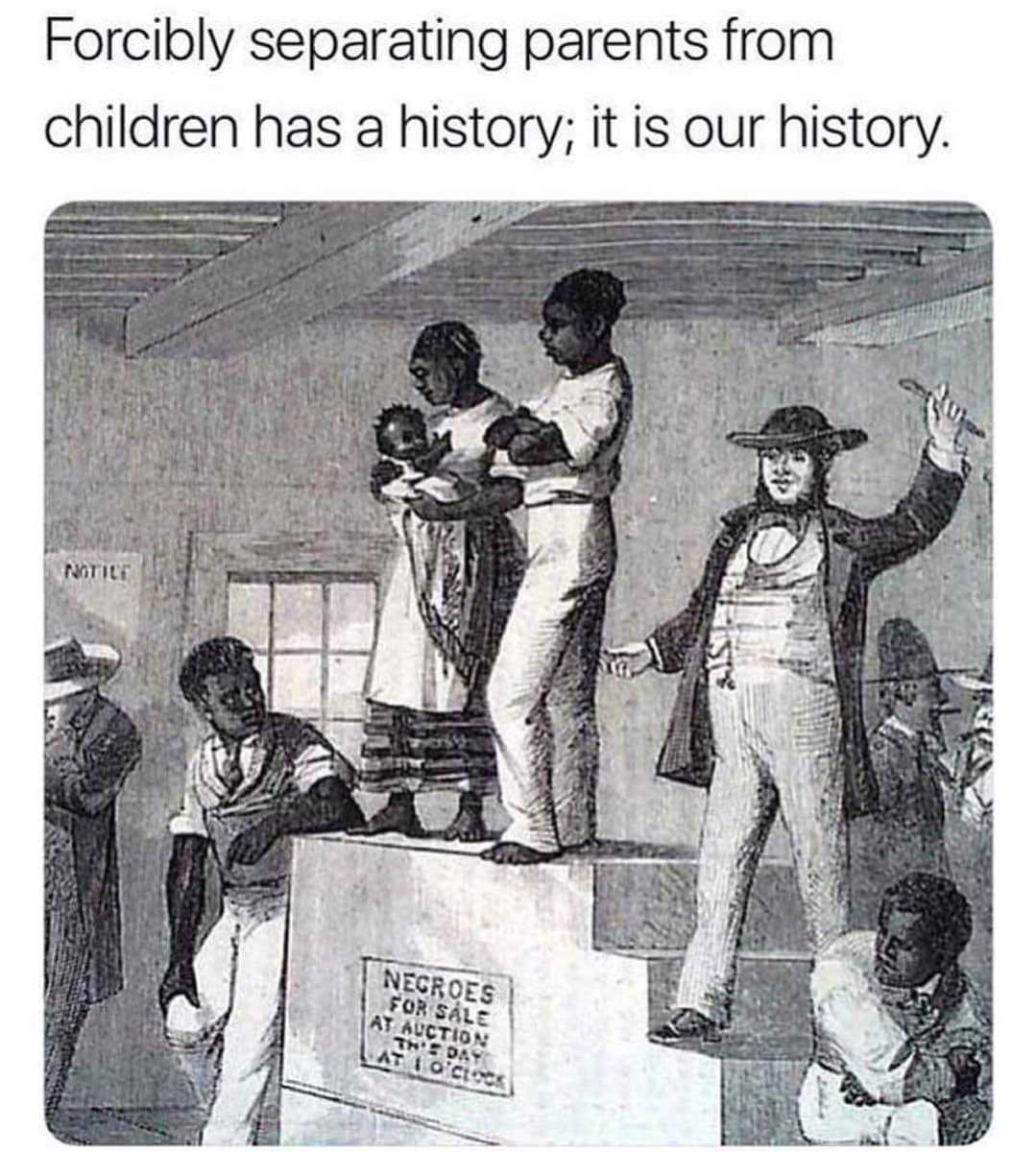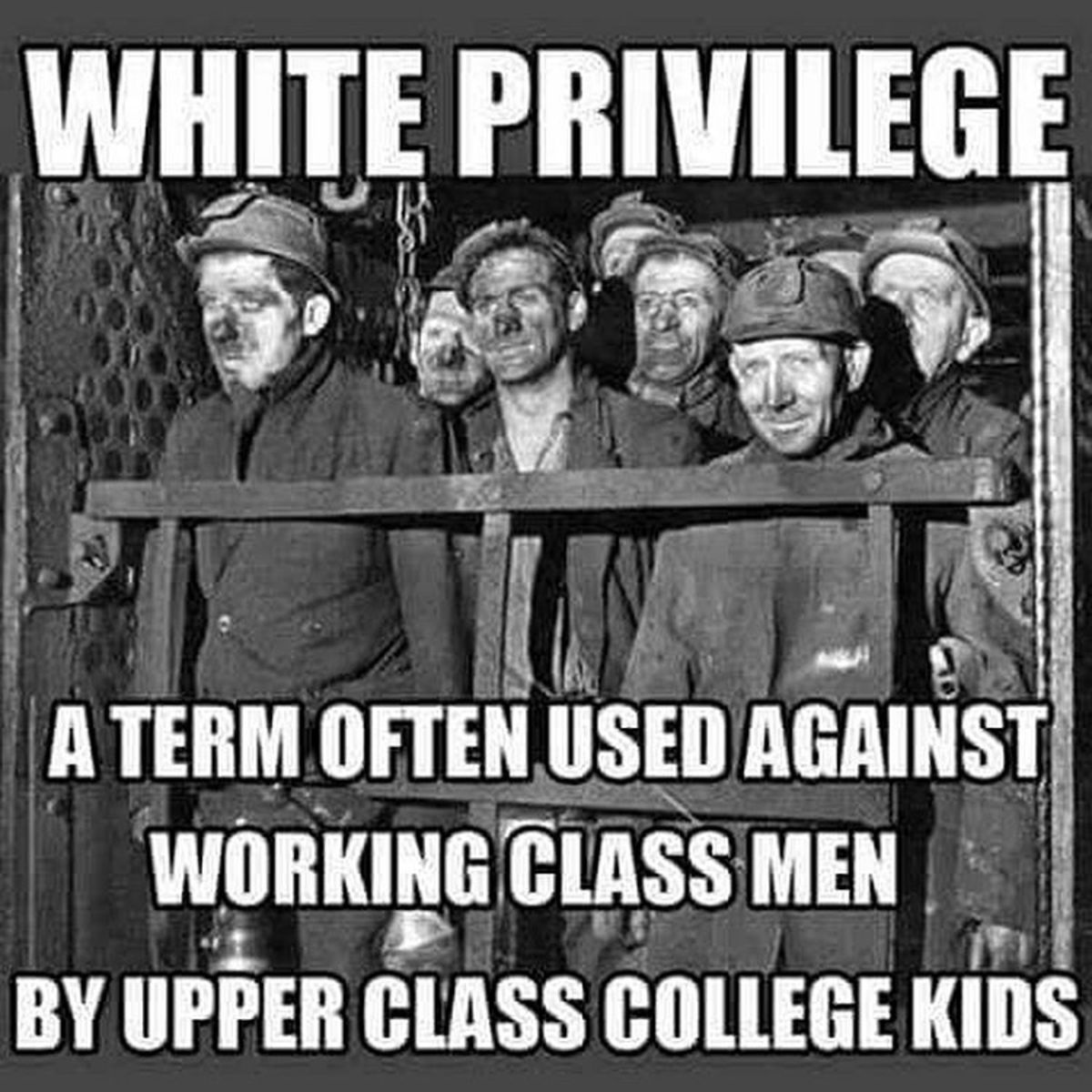Pay What You Owe: How I Understand Racial Reparation and Why

When I was kid in the 80’s, I remember hearing stories about racial reparation. I wasn't aware of what it was really, but I do remember many groups demanding that on the news, and nothing ever coming of it. Ever since racism was declared to be socially wrong and illegal, there have been demands for restitution to be paid to the descendants of African slaves. This was doubled down on by Native American tribes wanting the same justice, as well as their original land restored to them, and then by Japanese Americans wanting justice for the internment camps during World War Two as well.
Now forty years on, these issues are more sensitive than ever because of how touchy our society has become dealing with social justice and the problems they represent. Coupled with some American universities now seriously considering it. With regards to African and Native Americans, it has been centuries and the original victims are now long dead: land has been inhabited, built up, and deeply embedded into the national infrastructure. And how many generations is the debt owed to? Whose included in it: pure bloods or mixed?
The Japanese community is the only one that has seen any real payouts state-side, and that's largely because the victims are still alive and the crime was only sixty years ago. It's the same situation for Germany and their restitutions to the Jewish community. So there is not as many entanglements to consider and deal with. But should there be payouts for descendants of the victims of racism?

Those in Favor
Supporters scream a definite 'yes', because of the need to hold the institutions of the United States accountable. Many feel that to just wash our hands and say, ‘all is forgiven’ is letting them off the hook too easily, even if the individuals had nothing to do with it. Not to mention that we are still dealing with the ramifications of racism in our legal institutions as well: never mind the subconscious presumptions. Money doesn't erase the crime, but at least it's something, and it’s tangible proof that the wrong-doers are being held accountable.
They also argue that White people, including their descendants, have had these advantages over Blacks from the beginning. This is what is referred to as ‘White privilege’. Not only that, but the legacy of slavery in particular has left behind a constant, uphill battle against economic and institutional racism. This has created poor neighborhoods and harder circumstances that other groups didn’t have to deal with to succeed. This has been the reality for minorities since the beginning.
When the the angle of how other communities would handle reparations comes up, the usual response from supporters is that they don’t care. They need to watch out for their own, not worry about making everybody else happy. To be fair, this specific attitude is often shared by many other communities who prioritize their needs at the top of the list. So it’s not necessarily a malicious point of view.
Those Opposed
Those who disagree however, feel otherwise. As a culture, Americans have always had a unstable and dichotomous relationship with giving out money, regardless of the reason. The stereotype held by nearly all American communities is that success comes via hard work, and anything less than that is next to the highest sin.
Giving out payouts for people long dead is a pointless waste of time and money. Some of the questions above also apply here, like how far up the generation chain do you go until the debt is paid? Too much time has passed and it's not economically feasible to do a payout...etc. Plus, it is not just a matter of giving someone some cash, but where you are getting that cash from, to repay them? Even if there was an alternative to money payouts, like benefits and what not, giving descendants an advantage to succeed, whereas others have to work for it (in their eyes), comes off as equally unjust.
Finally, many are still wary about giving disenfranchised people money period, no matter how legit the reason is, because they don't trust them. Drugs, alcohol, or prostitutes are the first reasons that they assume why supporters want government repayments in the first place: ancestral injustice be damned.
"Not supporting race reparations is not about trying to make White people happy, which is often the assumption."
The Nail That Sticks Out
Personally, I do not agree with the idea of repayment. While I do think there needs to be accountability of the institutions that participated in selling and owning slaves, money is not the way to do it. I agree with the position that the people that its owed to died: my ancestors died long before I was born. But more than that, what they wanted was not money, but the freedom to make choices: to have a chance to succeed and be seen as human beings, not animals. I have that chance, as did my parents, grandparents and great-grand parents. I do not deserve that money.
If a cop pulls a gun on me unjustly, I deserve justice, yes. But not a pay out for something that did not happen to me: free money or not. Not only that, but I imagine every other oppressed group will follow suit as well. They have a history of legit suffering under American prejudice too. So this presents the problem that the justice of racial reparation may instead turn into a free-for-all that will cost more than expected.
Plus, the spirit of not caring about the effect on others for the sake of your own people I feel is short-sighted. There is a desire among individuals and communities to be totally-self-sufficient: not prejudiced or isolationists, but not dependent upon others either. However, what the last sixty years have shown us is that for any kind of major, public change to succeed, communities need to work together because of how large the problems actually are. Every action creates an equal and opposite reaction. And simply ignoring that out of fear of doing nothing at all, doesn’t stop those reactions from occurring anyway. Many plans fail because of having no preparation for these kind of reactions. From Counter-culture, to the election of Obama, all these changes happened from a sense of solidarity, even if not on all issues. Yet, in this culture war we are in, the fear of dependence is held equivalent to weakness and loss of identity.
However, there is an even deeper issue at stake here.
My Brother’s Keeper
One of the definitions of slavery, is a person who is excessively dependent upon or controlled by something else. The Black and Native American experiences definitely fall into that, but turning that around then puts us in the position of the slaver. By that, I mean that we are binding others to a service to us that they have no control over, and holding it over them the same way a master does a chain or a whip (via raised taxes to support the payouts). The defense for this of course, is that this is different because it's actually justified, and that any objection to it is again, merely trying to appease the criminal institution.
Its accountability-or payback- for a past wrong that was done. Those paying the bill however, will feel differently and many already do. Recently at Georgetown University, a student council voted to pay back the descendants of 272 slaves owned and sold by the school in 1838. However many other students, Black and White, are questioning the wisdom of this because of how it increases college expenses all around: not to mention the limits of where collective and individual guilt lie.
This is where much of the pent up resentment is coming from, with people feeling like they are being taken advantage of for something they themselves didn't do. While at the same time, also giving others a edge over them in terms of jobs, education, and finance in a market that is already difficult to succeed in. If you want to make enemies out of allies, that's a sure fire way to do it.
Not supporting race reparations is not about trying to make White people happy, which is often the assumption. It's about not taking advantage of an act of justice. I see the consequences of that becoming far greater than the rewards: strengthening our actual enemies’ lies and arguments, and isolating ourselves from the larger community we have to interact with.
However, this does not mean the extreme opposite either of doing nothing at all. Like I said before, the current consequences of institutional racism are very real and unresolved. So creating some sort of plan to acknowledge and handle the tangible problems faced by minorities is needed. While at the same time, cannot be created with tunnel-vision. Because more than Black, White, Native-American or whatever we are, we are all still human and this is still life. And both are notorious for doing things we don’t want to deal with or plan for.
© 2019 Jamal Smith








